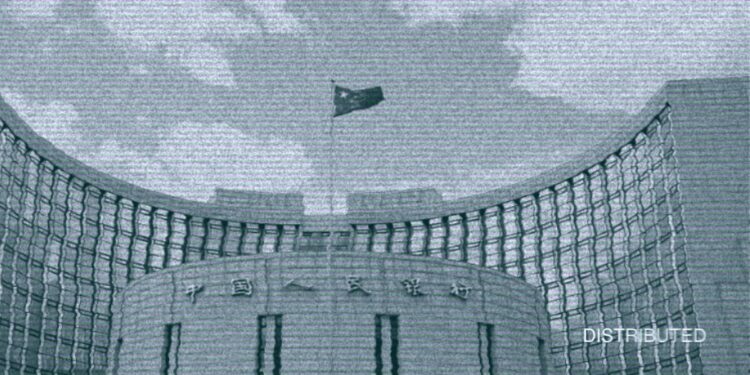People’s Bank of China (PBoC) highlighted the importance of regulating cryptocurrencies and decentralized finance (DeFi). The bank emphasizes the need for a collaborative international approach to create effective crypto regulations.
Its latest financial stability report marks the first time the PBoC has dedicated a section specifically to cryptocurrency assets. It underlines that while the crypto market represents just 1% of the global financial system and has limited ties with traditional finance, its regulation is crucial.
Colin Wu, a prominent local industry journalist, notes the significance of the bank’s focus on crypto assets. The PBoC urges governments worldwide to adopt a uniform regulatory approach. Which is encapsulated in the principle of “same business, same risks, same supervision.” This strategy aims to prevent regulatory loopholes.
The bank’s report points out several dangers including susceptibility to hacker attacks, market manipulation, and DeFi governance issues. The collapses of the Terra ecosystem and the FTX exchange are cited as examples of the need for more unified regulatory measures to avoid supervision gaps.
See Related: China’s Central Bank Has No Plans To Stop Strict Crypto Crackdown(Opens in a new browser tab)
Crypto Game Token Conversion
The General Administration of Press and Publication of China (GAPP) proposes new rules to control in-game tokens. On the same day, GAPP released draft guidelines prohibiting converting in-game tokens to fiat currency.
These draft guidelines, which include 62 Articles, aim to regulate the online gaming industry tightly. They propose requirements such as obtaining a license in China, storing customer data for up to two years, aligning content with national and socialist values, and eliminating anonymous user registrations.
Article 23 of the guidelines specifically targets the use of game tokens. It seeks to ban their exchange for physical goods or legal tender, leaving ambiguity around cryptocurrencies, which are not recognized as legal tender in China. The move appears to be an effort to separate online game economies from the broader economy.



